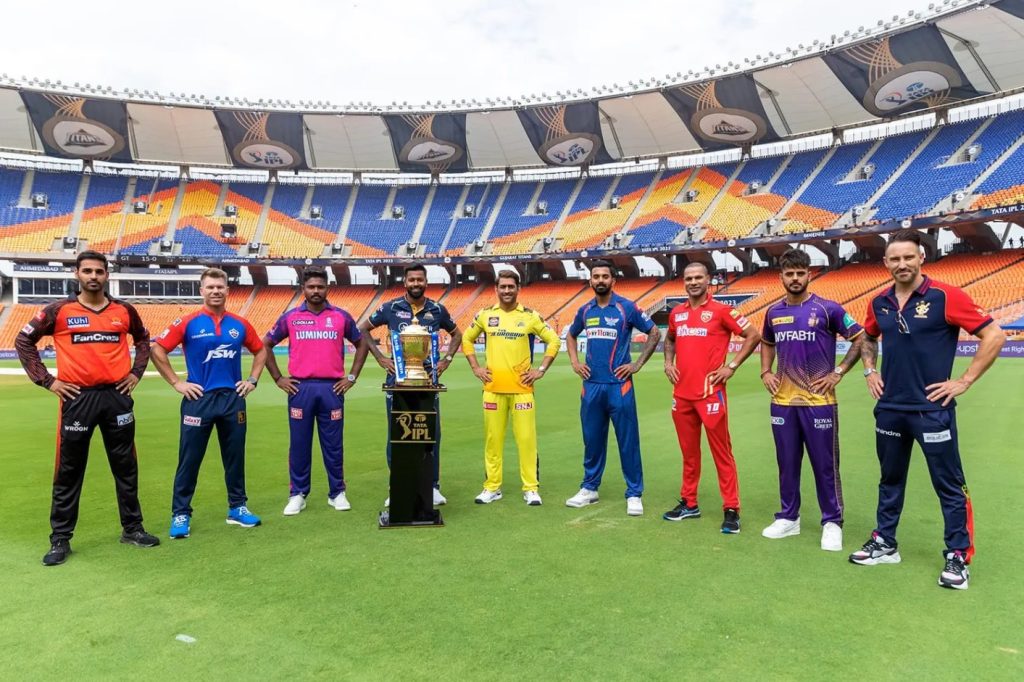Total Net Worth Of The IPL: The Indian Premier League (IPL) is widely regarded as the most successful and lucrative Twenty20 cricket league in the world. Since its inception in 2008, the IPL has grown exponentially in popularity, fan base, and financial value. With its unique blend of sports and entertainment, the league has become a global phenomenon, attracting the biggest cricketing talents and corporate giants.
In this article, we will explore the total net worth of the IPL, breaking down its components, revenue streams, franchise valuations, and broader economic impact. We’ll also compare its worth to other major sports leagues worldwide.
What Is The Total Net Worth Of The IPL?
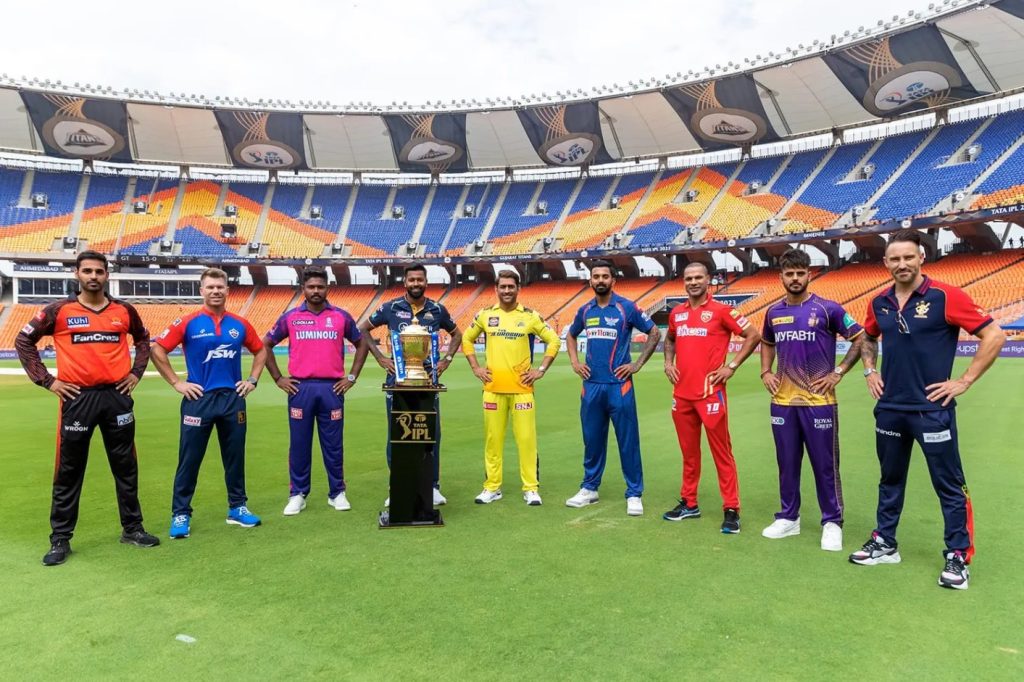
As of 2023, the IPL’s estimated total valuation stands at approximately $15 billion, making it one of the richest sports leagues globally. This valuation has been driven by significant growth in media rights, sponsorship deals, and franchise valuations, coupled with its enormous fan base.
Key Components Contributing To The IPL’s Net Worth
The IPL’s net worth is derived from several critical revenue streams and assets:
1. Media Rights
Media rights form the largest chunk of the IPL’s revenue. The broadcasting rights for the 2023-2027 cycle were sold for a record-breaking $6.2 billion to Star Sports and Viacom18. This deal highlights the immense value broadcasters place on the IPL’s viewership.
2. Sponsorship Deals
Sponsorships play a vital role in boosting the IPL’s financial standing. The league’s title sponsorship alone, currently held by Tata Group, is worth approximately $50 million annually. Additionally, individual franchises have their own lucrative sponsorship deals, ranging from jersey sponsors to strategic partnerships.
3. Franchise Valuations
The eight original franchises, along with the two new teams added in 2022 (Gujarat Titans and Lucknow Super Giants), have significantly increased in value over the years. The combined valuation of all ten IPL franchises is estimated at over $10 billion.
Top 5 Most Valuable IPL Franchises (2023)
| Rank | Franchise | Valuation (US$ Billion) | Owner(s) |
|---|---|---|---|
| 1 | Mumbai Indians | 1.3 | Reliance Industries |
| 2 | Chennai Super Kings | 1.2 | India Cements |
| 3 | Kolkata Knight Riders | 1.1 | Red Chillies Entertainment |
| 4 | Royal Challengers Bangalore | 1.05 | United Spirits |
| 5 | Delhi Capitals | 1.0 | JSW Group & GMR Group |
4. Match-Day Revenue
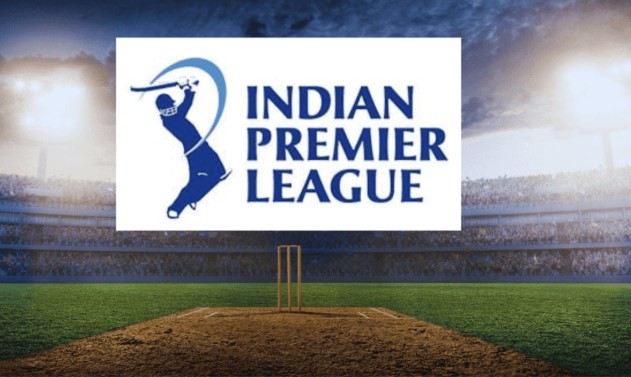
Revenue from ticket sales, merchandising, and in-stadium advertising is another significant contributor to the league’s financial success. Each season sees millions of fans flocking to stadiums, generating substantial match-day income.
5. Digital and Streaming Platforms
The rise of digital platforms has added a new dimension to the IPL’s reach and revenue. Viacom18’s acquisition of digital streaming rights for $3 billion demonstrates the league’s growing digital footprint.
6. Player Auctions
The player auction process itself generates global attention. With record-breaking bids for players like Sam Curran, Ben Stokes, and Ishan Kishan, the auction underscores the financial muscle of franchises.
Economic Impact Of The IPL
The IPL’s influence extends beyond cricket, significantly impacting India’s economy. Here are some key areas:
1. Employment Opportunities
From players and coaches to ground staff and marketing professionals, the IPL creates thousands of jobs annually.
2. Tourism and Hospitality
The league boosts local economies through increased demand for hotels, transportation, and restaurants in host cities.
3. Brand Exposure for Sponsors
The IPL provides unparalleled visibility for its sponsors, both domestically and internationally, making it an attractive platform for brands.
IPL’s Economic Contribution (2023)
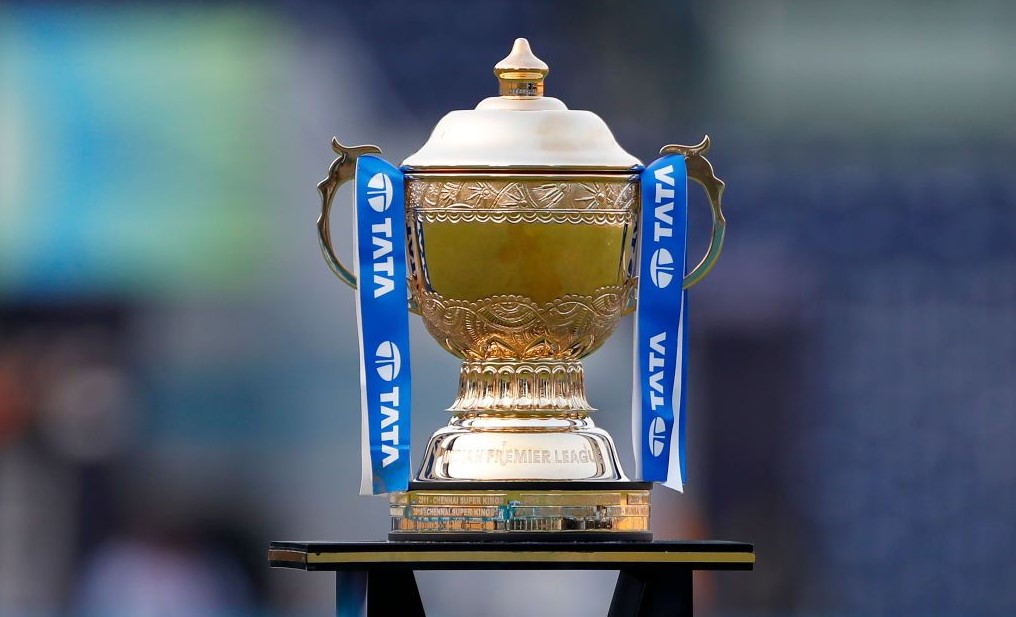
| Sector | Contribution (US$ Million) |
|---|---|
| Tourism & Hospitality | 500 |
| Advertising & Media | 2,000 |
| Employment | 300 |
| Merchandise Sales | 200 |
Comparing IPL To Other Global Sports Leagues
Valuation Of Major Global Sports Leagues (2023)
| League | Valuation (US$ Billion) | Average Match Viewership |
|---|---|---|
| National Football League (NFL) | 20 | 17 million |
| Indian Premier League (IPL) | 15 | 20 million |
| English Premier League (EPL) | 12 | 14 million |
| National Basketball Association (NBA) | 8 | 10 million |
Future Growth Of The IPL
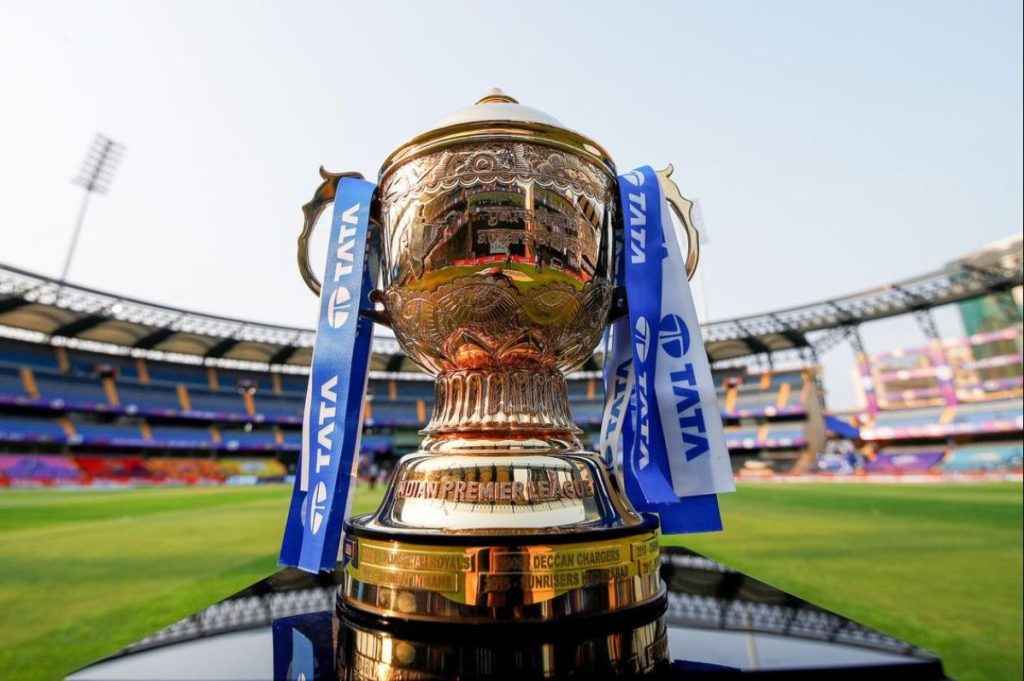
With its ever-expanding popularity and innovation, the IPL is poised for even greater financial growth. Key factors driving future growth include:
1. Expansion of Teams
The addition of more teams in the future could increase the league’s valuation and create new markets for cricket in India and globally.
2. Global Viewership
With increasing digital penetration and partnerships with international broadcasters, the IPL continues to attract a global audience.
3. Technological Integration
Innovations such as augmented reality (AR) and real-time analytics enhance fan engagement, adding new revenue streams.
4. Women’s IPL
The recently launched Women’s Premier League (WPL) is expected to replicate the IPL’s success, contributing to the overall brand value.
Challenges To IPL’s Growth
While the IPL is a financial juggernaut, it faces challenges such as:
Player Fatigue: The packed schedule could lead to burnout among players.
Saturation of Sponsorships: Over-commercialization may dilute the fan experience.
Political and Economic Factors: Regulatory hurdles and economic downturns could impact sponsorship and broadcasting revenue.
The IPL’s net worth, currently estimated at $15 billion, reflects its unparalleled success as a cricket league and a global entertainment phenomenon. Its combination of cricketing excellence, strategic business decisions, and fan engagement has made it a financial powerhouse.
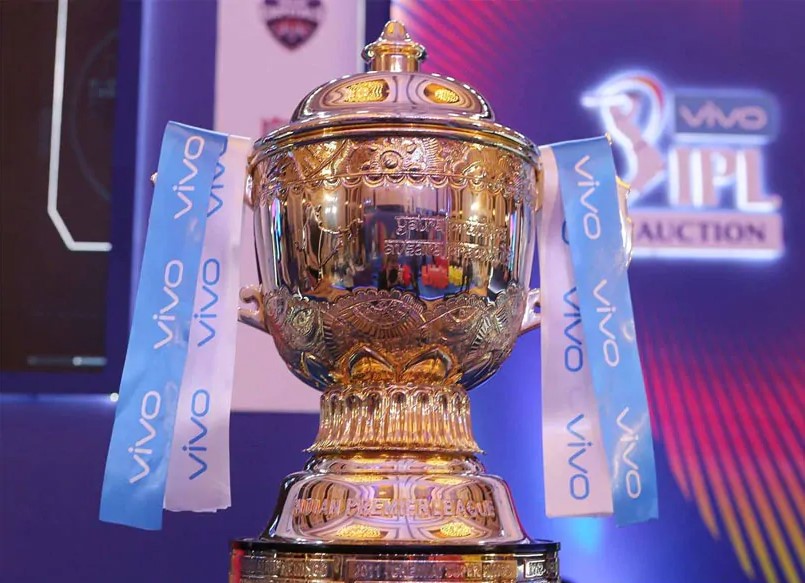
With its continued focus on innovation, digital expansion, and global outreach, the IPL is poised to scale even greater heights, solidifying its status as a cornerstone of the global sports industry. Whether you’re a cricket fan or a business enthusiast, the IPL’s journey offers a fascinating case study in blending sports with commerce.
Also Read: Most Wickets Taken On The First Day Of A Test Match

